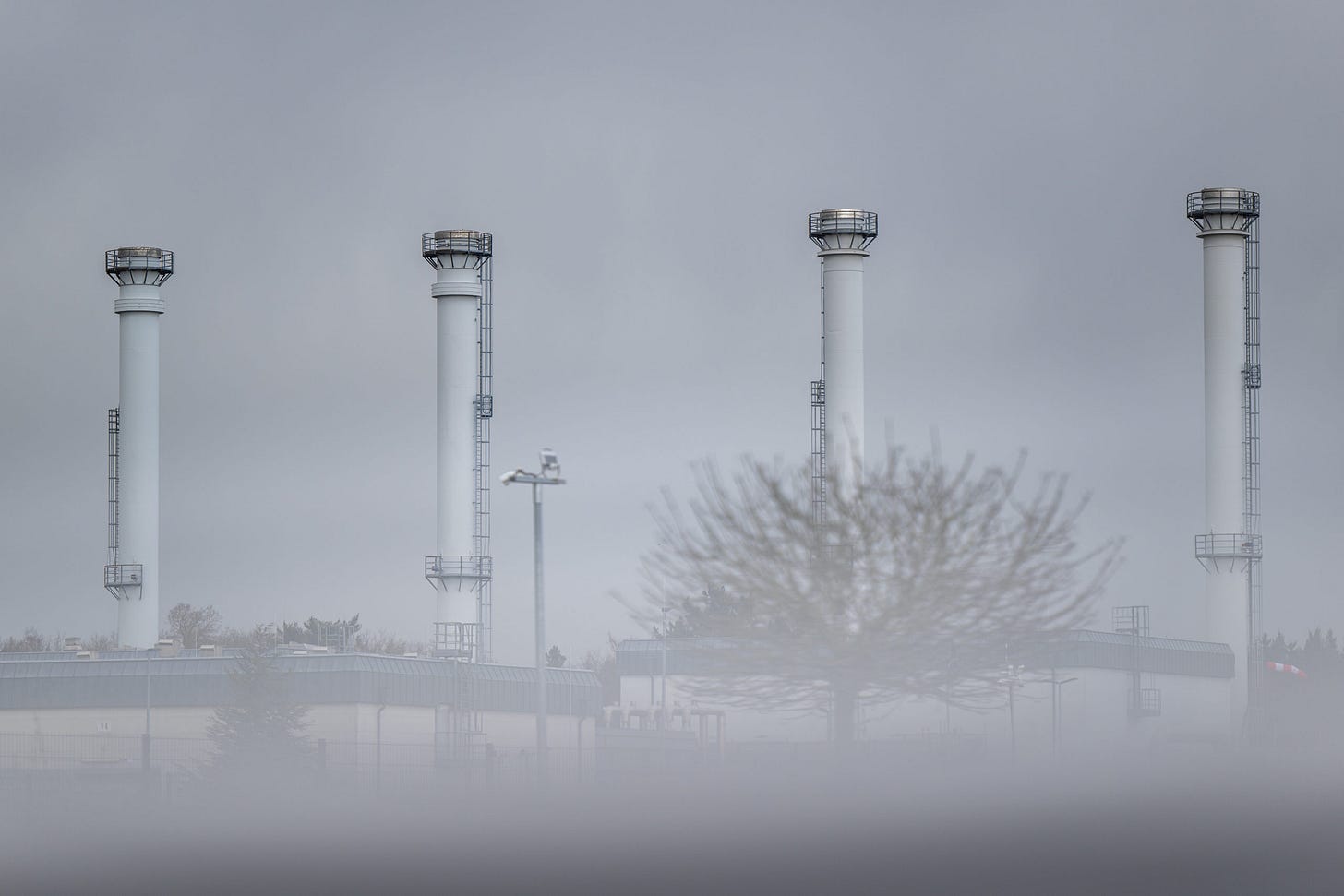Russian Energy Sanctions Cause Short-Term Pain for Long-Term Gain
Gas prices would rise, but the American economy would benefit.

As the Russian invasion of Ukrainian territory continues, the United States and its allies have introduced two rounds of sanctions on Russia. In the short term, American will feel the impact of the war through rising energy prices, but with patience the American energy industry will reap benefits in the long-term.
The first set of sanctions announced by Western leaders were against the separatist regions of Ukraine, which Putin had recognized as “independent.” The sanctions would target any American individuals or companies investing or doing business in these break-away regions. This will have little to no impact as there is essentially no American investment in these desolate, war-torn, and Russian-controlled regions .
The second round of U.S. sanctions focused on the Russian financial sector. The major targets were companies financing the Russian defense industry such as VEB and the military bank, PSB, and their various subsidiaries. But so far the United States and its allies have refrained from targeting the Russian energy industry, where it would hurt Putin most. The key target would be Gazprom, the Russian state-owned gas company that supplies much of European gas imports.
Sanctioning Russian gas would not make much of a difference for Americans. In 2018 Russian liquefied natural gas (LNG) made its way to New England during a particularly cold winter and a gas shortage, but today, the United States has a surplus of natural gas and is a major international supplier.
The turmoil in global energy markets has already begun. Global oil jumped above $105 a barrel and European natural gas prices soared more than 40 percent. Other key natural resources, such as gold, aluminum, copper, and nickel, have also increased, as have food prices. (Ukraine is among the world’s largest grain producers, and disruption in its production is likely to have ripple effects in food markets around the globe.)
Unlike Europeans, Americans won’t have to worry about heating their homes. What gives the U.S. consumer and American industry protection is the fact that the United States has emerged in the past 10 years as the world’s top producer fossil fuels (including oil and gas) and a leading LNG exporter. The country has achieved energy independence and is no longer dependent on oil and gas imports as for much for its history. This positions the American citizens much better than their counterparts in Europe who remain vulnerable on imports during volatile markets.
But Americans will feel the uncertainty and volatility created by the war at the gas pump. President Biden has already warned of higher energy prices, particularly for gasoline and diesel. Russia is the second-largest oil producer in the world, after the United States. Even though America imports relatively little oil from Russia directly, U.S. sanctions or restrictions on Russian oil exports would raise prices in the global oil markets.
In the long run, if Russia restricts its own natural gas exports to Europe or if these are restricted by Western sanctions, the American energy industry will benefit. Gazprom, Russia’s state-owned natural gas company, has historically been a leading supplier of natural gas to Europe, even holding near-monopoly positions in some countries. However, the crisis gives an opportunity for American LNG exports to make significant inroads into European markets.
Already, American LNG has gained popularity in Europe this winter amid an overall gas shortage. As a result, about half of the American LNG exports in December 2021 went to Europe. To access American LNG, European countries need to have access to LNG import terminals or pipelines connecting to neighboring countries that do. If the new Gazprom-built Nord Stream 2 pipeline remains closed due to sanctions, and the Ukrainian pipeline system that currently serves as the main route for Russian natural gas exports to Europe gets damaged, then Europe will increasingly rely on American LNG.
While the American households will see gasoline prices rise, they won’t not feel the natural gas crunch as Europeans will. As most of the world, but the United States in particular, battles inflation, higher oil prices will be painful. But the U.S. energy industry has much to gain, which will also compliment Washington’s policy of supporting its energy-vulnerable allies.

